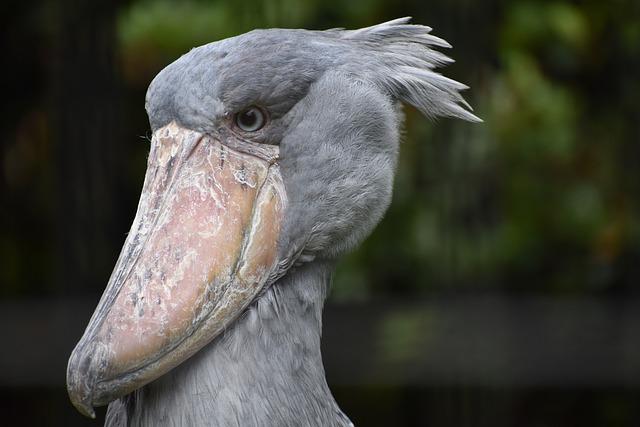Image Source: Pexels
In this chapter, we explore the science of life. This might seem like a no-brainer, but in today’s world, where so much is based on intuition and faith rather than evidence and reason, it’s refreshing to learn that there are still scientists out there who share our values and objectives. We begin with a brief overview of the three major scientific disciplines—physics, chemistry, and biology—and how they relate to each other. After that, we address how scientists can best support their colleagues in the quest for knowledge.
What is science?
Many people ask the question ‘What is science?’ and get a rather confused or misleading answer. The simple answer is that science is the study of matter and how it behaves, including laws that govern its movement, change, and interactions with other objects. It is not concerned with the meaning of life, the afterlife, or the purpose of life. Rather, it is a way of looking at the world around us and trying to explain how things work by using logical reasoning and the laws of physics. In many ways, science is a search for knowledge that conforms with logical reasoning. It is not only about finding the truth but about finding the best way to get there.
How does science help people understand themselves and the world?
In order to understand ourselves and the world, we must have a proper understanding of ourselves first and then the world. This is where science comes into the picture. Using scientific methodology, scientists test hypotheses, explore facts, and make predictions. By doing this, scientists can better understand themselves and the world around them.
What does science have to say about the meaning of life, the origin of life and the universe, and human nature?
The question of ‘What does science have to say about the meaning of life, the origin of life and the universe, and human nature?’ is highly controversial among scientists. Many believe that the purpose of life is to explore our origins, while others suggest that the universe has no purpose and that life is the only purpose. There are different opinions among people related to this topic.
Do scientists have any new ideas to share with the public?
Yes. There are so many great ideas and discoveries to be made in the world of science that it’s hard to list them all. However, one of the most exciting ongoing scientific endeavors is the search for extraterrestrial life. It has recently been discovered that our own solar system contains at least one planet that could support life as we know it—Jupiter’s moon. This is just one example of how science can be used to make things much better for everyone. It’s one thing to find one thing that may or may not happen, but quite another to find something that does happen, and then another thing to find something that happens with incredible regularity.
How scientists contribute to society—and how they could do more!
There is no question that a significant portion of the work that scientists do is motivated by a need to help others. However, it’s important to remember that scientists also do everything they can to help themselves. They are avid readers, collectors of rare books and prints, and on occasion, they’ll even go so far as to study under a lecturer who is working on retirement plans! Beyond that, though, most scientists are ordinary people who put in the extra effort to do their job well. They often work long hours, put their lives on the line, and don’t get the recognition they deserve for their accomplishments. There are many ways that scientists can support each other and support society in general—including contributing to science education and funding for basic research. These are all things that scientists can do to make a positive difference in the world.



